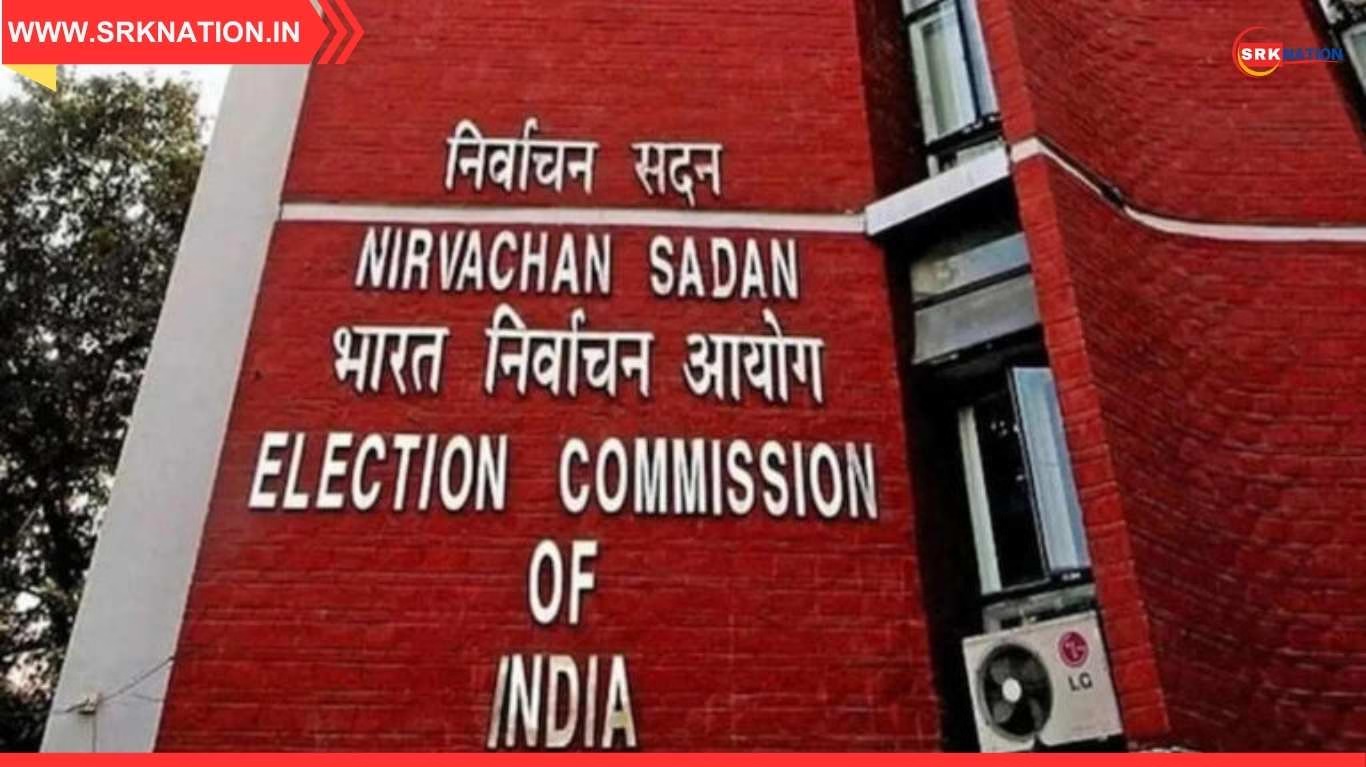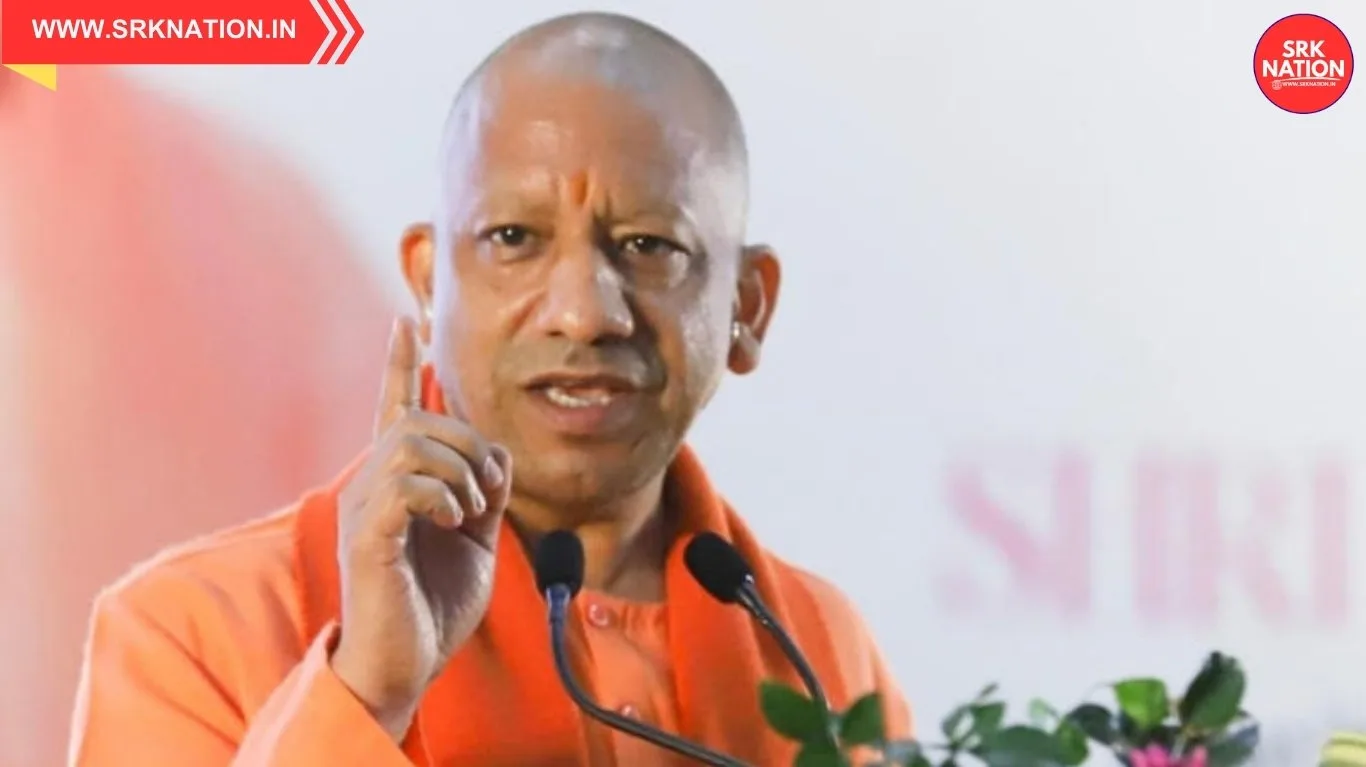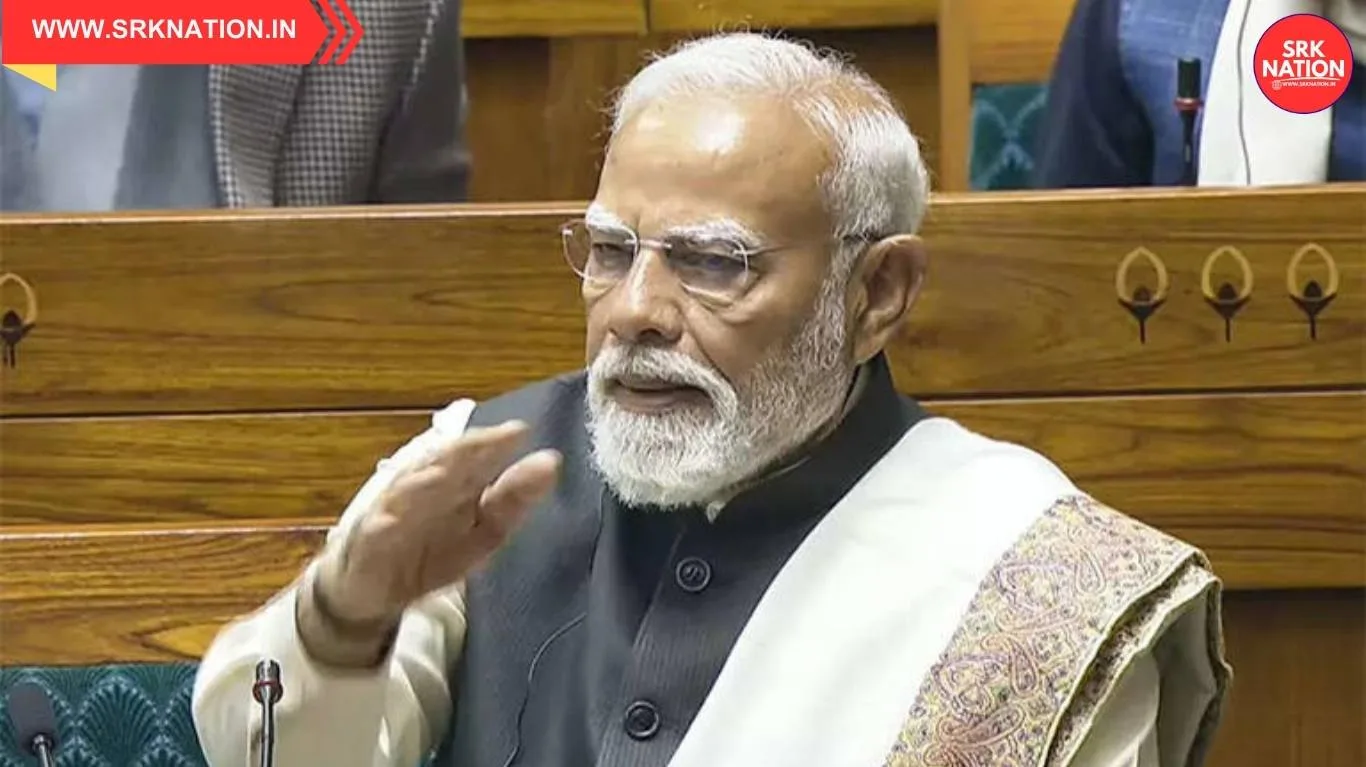The Election Commission of India (ECI) has formally announced its decision to push ahead with a nationwide Special Intensive Revision (SIR) of electoral rolls, following a strong endorsement from the Supreme Court. The move, aimed at cleansing and updating voter lists across all states and union territories, is being positioned as a constitutional mandate to uphold electoral integrity ahead of the 2026 general elections.
“This is a policy prerogative of the Commission. We are committed to ensuring that only eligible citizens are enrolled,” the ECI stated in its affidavit filed on October 8, 2025, a day after the Supreme Court clarified that the SIR exercise falls squarely within the Commission’s domain.
What Is SIR and Why It Matters
The Special Intensive Revision is a targeted exercise to verify, update, and correct electoral rolls, especially in regions with high migration, demographic shifts, or suspected irregularities. It includes door-to-door verification, document audits, and removal of ineligible entries such as deceased voters or non-citizens.
SIR Rollout Timeline and Coverage
| Phase | States Covered | Start Date | Status |
|---|---|---|---|
| Phase 1 | Bihar, Assam, Kerala | June 2025 | Completed |
| Phase 2 | Tamil Nadu, West Bengal, Puducherry | October 2025 | Ongoing |
| Phase 3 | All remaining states and UTs | December 2025 | Scheduled |
The Commission confirmed that the full schedule for pan-India rollout will be issued “in due course,” with Bihar serving as the pilot state. Over 21.5 lakh voters were added and 3.66 lakh removed during Bihar’s SIR, prompting both praise and scrutiny.
Supreme Court’s Observations and Legal Clarity
During hearings on October 7–9, the Supreme Court reiterated that SIR is a matter of policy, not judicial intervention. “These are domain decisions of ECI. We can’t intervene beyond a point,” the bench led by Justices Surya Kant and Joymalya Bagchi stated.
The Court also directed the ECI to submit comparative data on voters excluded from Bihar’s final roll, emphasizing transparency and public accountability.
Key Legal and Policy Highlights
| Issue | Supreme Court Position | ECI Response |
|---|---|---|
| SIR Legitimacy | Within ECI’s policy domain | Affirmed via affidavit |
| Aadhaar as ID Proof | Acceptable for identity only | Not valid as proof of citizenship |
| Transparency in Bihar SIR | Required | Data submission underway |
| Nationwide SIR Schedule | Requested | To be issued soon |
Aadhaar Controversy and Clarification
The ECI also addressed concerns over the use of Aadhaar in voter verification. In its second affidavit, it clarified that Aadhaar will be accepted only as proof of identity—not citizenship. This distinction is crucial, especially in states with sensitive demographic profiles.
Political Reactions and Opposition Concerns
Opposition parties, including the Congress, have accused the ECI of lacking transparency, particularly in Bihar. “The Commission must disclose how many non-citizens were actually removed,” said a Congress spokesperson. Civil society groups have also called for independent audits of the SIR process.
Impact on Voter Roll Integrity
| State | Voters Added | Voters Removed | Net Change | Comments |
|---|---|---|---|---|
| Bihar | 21.5 lakh | 3.66 lakh | +17.84 lakh | Pilot state, data under review |
| Assam | 8.2 lakh | 1.1 lakh | +7.1 lakh | High migration zone |
| Kerala | 5.4 lakh | 0.9 lakh | +4.5 lakh | Urban-rural verification |
Next Steps and Voter Awareness
The ECI plans to launch a nationwide voter awareness campaign to educate citizens about the SIR process, required documents, and grievance redressal mechanisms. Booth Level Officers (BLOs) will be deployed for door-to-door verification, and digital platforms will be used for real-time updates.
Disclaimer: This news content is based on verified public statements, court documents, and Election Commission filings as of October 10, 2025. It is intended for editorial use and public awareness. The information does not constitute legal advice or political endorsement and adheres to ethical journalism standards.











